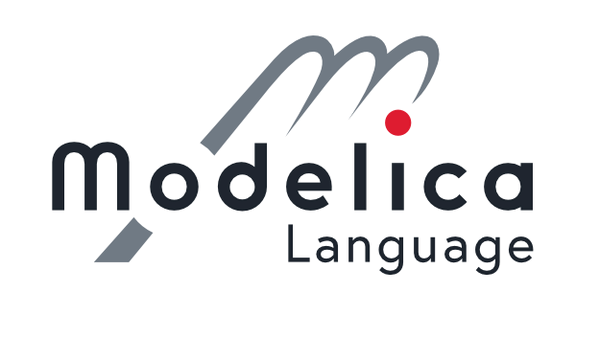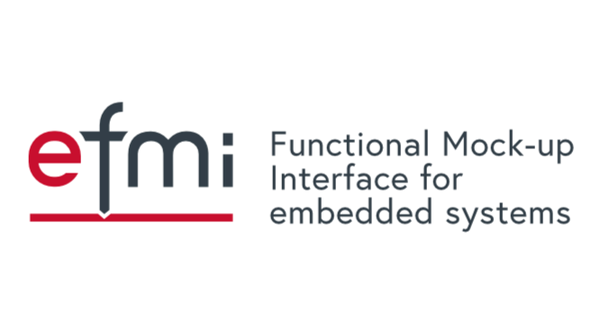Modelica and FMI
Through its chairman Dirk Zimmer, the Institute of Robotics and Mechatronics heads the non-profit international Modelica Association (https://modelica.org/), which has had more than 20 organisational and more than 120 individual members from Europe, North America and Asia since it was founded in 2000. This organisation standardises and develops open source software technology and methods in the field of cyber-physical systems and systems engineering.
The Institute has initiated, co-designed and contributes to the following standardisation activities:




Modelica Language
A project to develop, standardise and promote Modelica, a language for modelling and simulating cross-domain cyber-physical systems in a simple way. Modelica is widely used and supported by more than 10 tools (more details)
Modelica Libraries
A project for the development, maintenance and promotion of open source Modelica model libraries and model components in many domains based on standardised interface definitions (more details). The institute also provides other open source libraries.
fmi Functional Mock-up Interface
A standard that defines a container and an interface for the exchange of dynamic simulation models with a combination of XML files, binary files and C code. FMI is widely used and is supported by more than 180 tools. (fmi-standard.org)
efmi Functional Mock-up Interface for embedded systems
A standard for the seamless integration of physical design models of systems with the development of their electronic control - compatible with the fmi standard (efmi-standard.org)
In these and other areas of the standard, the RM Institute also coordinates the contributions of other DLR institutes and partners from industry and research.
Commercial Modelica libraries
The Institute maintains the distribution of commercial Modelica libraries from DLR, which are distributed by Dassault Systèmes and LTX Simulation GmbH.
The future of equation-based modelling languages
Modern computer architectures are always subject to change and the choice of suitable architecture depends heavily on the field of application. Lean code for microcontrollers is required for real-time systems, while high-performance GPUs are available for AI applications.
Robust modelling methodologies that ensure that code can be generated for a model for different computer architectures is therefore one of the central tasks and a key research focus of the institute.
